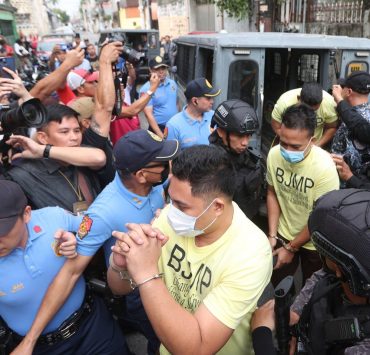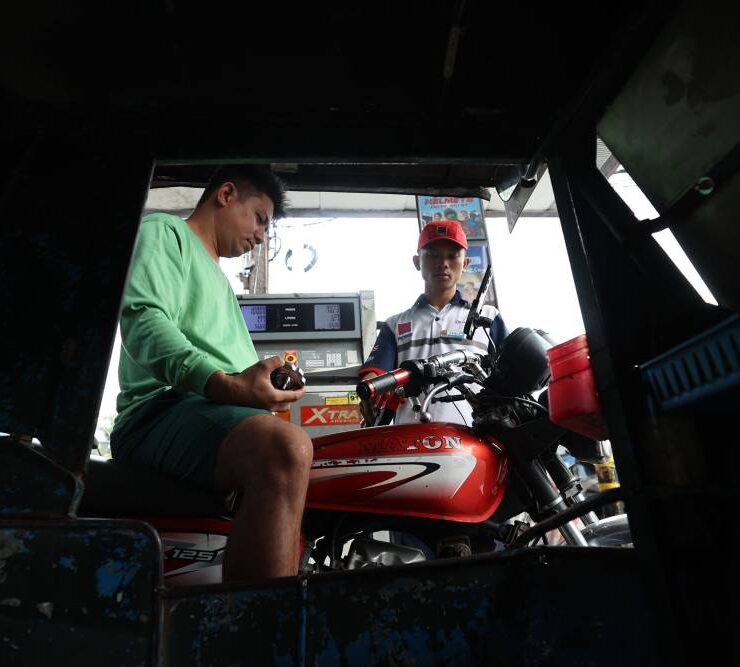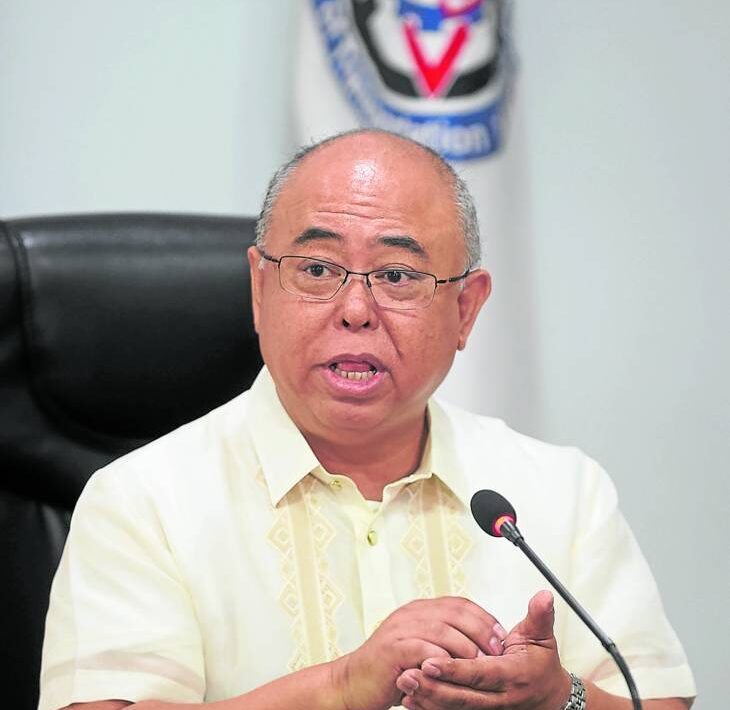Security Council needs ‘serious reform’
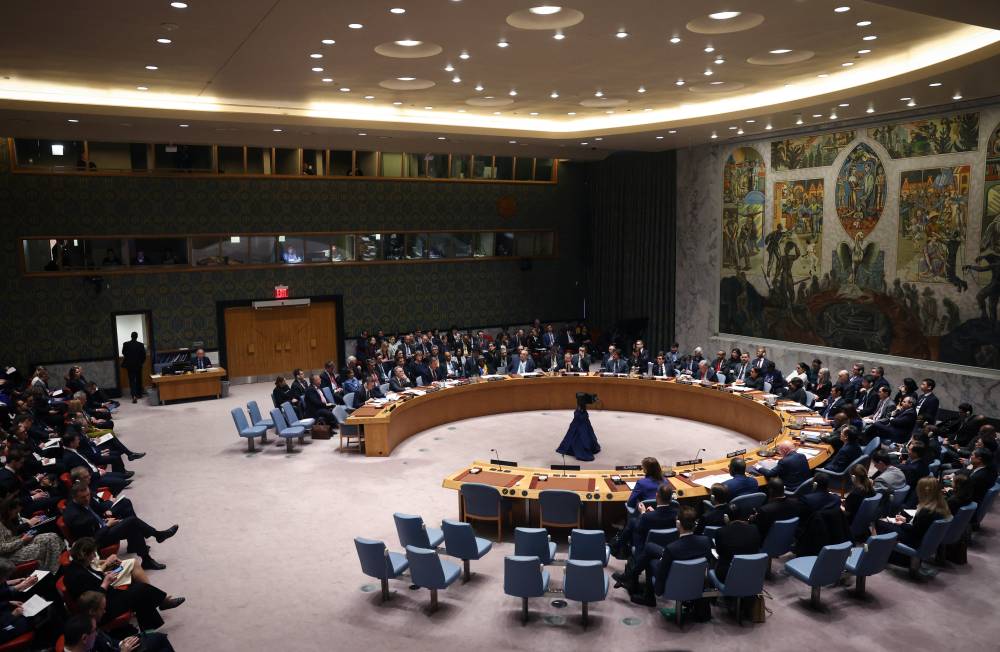
GENEVA—United Nations chief Antonio Guterres on Monday said that the Security Council needed to reform its composition and methods as he deplored how the body failed to respond adequately to the Israel-Hamas conflict in Gaza and Russia’s invasion of Ukraine.
Guterres added that the conflicts had “perhaps fatally” undermined its authority.
Speaking at the opening of the UN Human Rights Council in Geneva, Guterres said the Security Council often found itself deadlocked and “unable to act on the most significant peace and security issues of our time.”
“The Council’s lack of unity on Russia’s invasion of Ukraine, and on Israel’s military operations in Gaza following the horrific terror attacks by Hamas on 7 October, has severely—perhaps fatally—undermined its authority,” he said.
“The Council needs serious reform to its composition and working methods.”
The United States last week again vetoed a draft UN Security Council resolution blocking a demand for an immediate humanitarian ceasefire in Israel’s offensive against Gaza.

It was the third US veto of a draft resolution since the start of the current fighting on Oct. 7.
An estimated 1.5 million Gazans are crammed in tents and other makeshift shelters in the town of Rafah on the border with Egypt, most of them having fled their homes further north to escape Israel’s offensive.
‘Final nail’
Guterres, who described Rafah as the core of the humanitarian aid operation in the Palestinian enclave, said a full-scale Israeli assault there would have devastating consequences.
“An all-out Israeli offensive on the city would not only be terrifying for more than a million Palestinian civilians sheltering there; it would put the final nail in the coffin of our aid programs.”
The flow of aid entering Gaza from Egypt has dwindled, and a collapse in security has made it increasingly difficult to distribute the food that does get through, according to UN data and officials.
Ceasefire talks
Israeli Prime Minister Benjamin Netanyahu on Sunday said that a potential ceasefire in its war against Hamas militants would only delay a ground invasion of Gaza’s southern city Rafah that shelters more than half of the conflict-battered territory’s population.
Israel’s ally, the United States, said ongoing mediation efforts produced “an understanding” towards a ceasefire and hostage release, while a Hamas source said the group insisted on the withdrawal of Israeli forces.
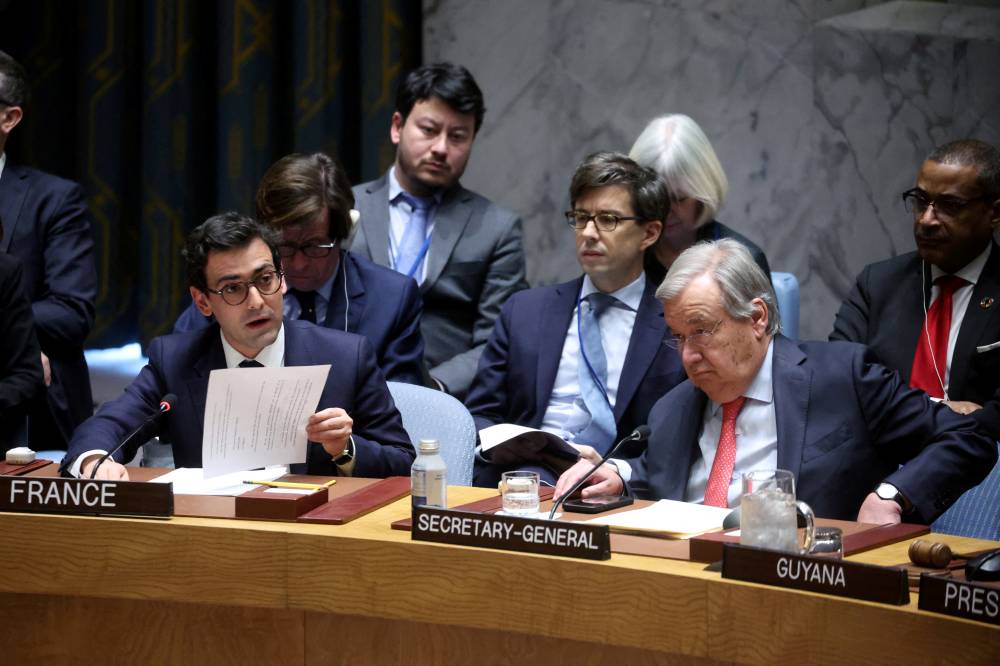
Amid a spiraling humanitarian crisis, the main UN aid agency for Palestinians urged political action to avert famine in Gaza.
Egyptian, Qatari and US “experts” met in Doha for talks also attended by Israeli and Hamas representatives, state-linked Egyptian media said, in the latest effort to secure a truce before the Muslim holy month of Ramadan.
Netanyahu said that a military operation into Rafah, on Gaza’s southern border with Egypt, would put Israel within weeks of “total victory” over Hamas whose Oct. 7 attack triggered the war.
”If we have a deal, it will be delayed somewhat, but it will happen,” he told CBS of the looming ground invasion.
Such an operation is widely feared to bring more mass civilian casualties in Rafah—most of them displaced from other areas—have converged.
”If we don’t have a deal, we’ll do it anyway,” Netanyahu said. —reports from REUTERS, AFP
Reuters, the news and media division of Thomson Reuters, is the world’s largest multimedia news provider, reaching billions of people worldwide every day. Reuters provides business, financial, national and international news to professionals via desktop terminals, the world's media organizations, industry events and directly to consumers.














